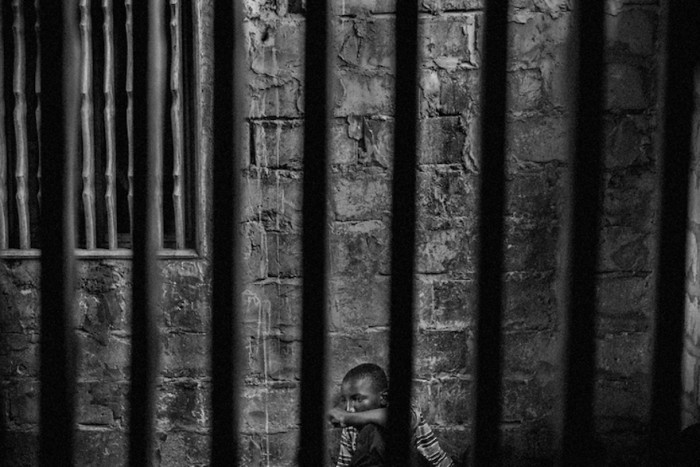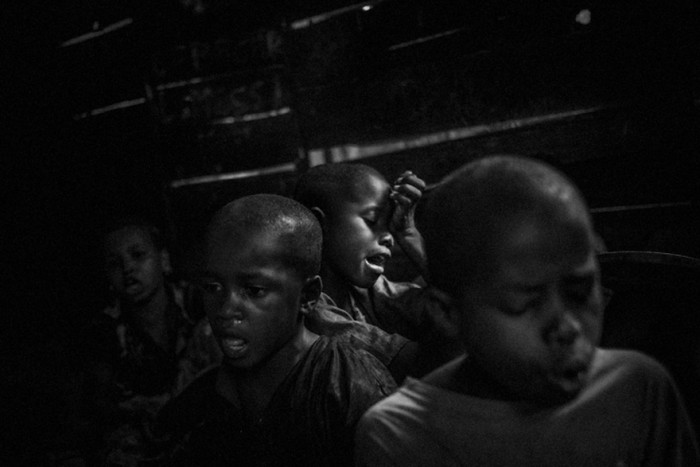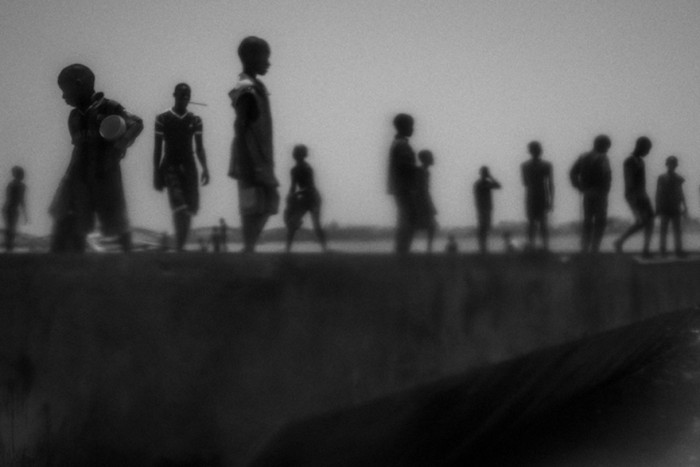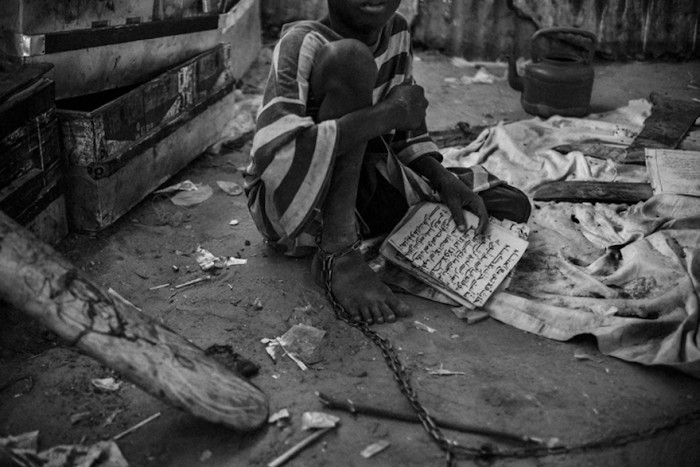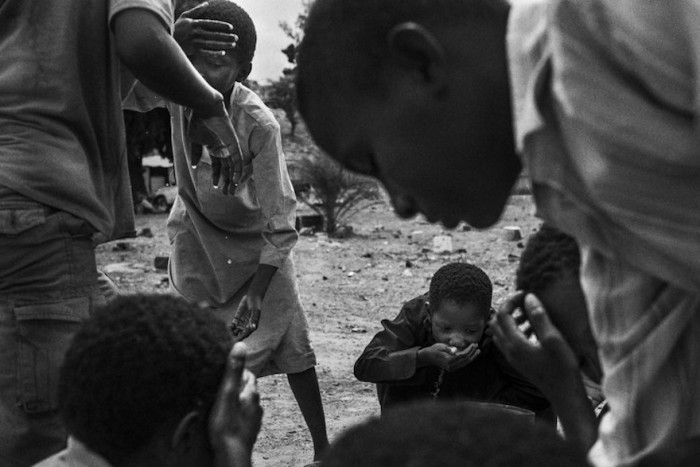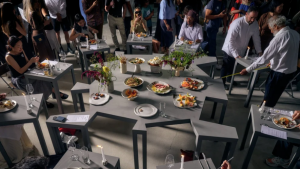In 2014, a Human Rights Report called on the Senegalese government to do more for the 50 000 street children trapped in a cycle of exploitation and poverty in Senegal’s Quranic boarding schools. Within the report and others like it, it was revealed that children as young as five years old are sent to these “daaras” where instead of instruction in religious texts, they are forced to beg on the streets and live in squalor.
Portuguese Photographer Mario Cruz gained access to these infamous institutions and captured disturbing photographs of the lives of the young boys who he describes as modern-day slaves. He documented the inhumane living conditions, physical abuse, and overall neglect present in what was once considered a respectable education system.
Every day I try not to cry. Every day I try not to scream. I don't sleep. I just close my eyes and imagine myself in a different place. - Amadou, a 15-year-old talibe.
Talibe is an Arabic term for disciple. The talibe’s are forced to live in the daaras and forced to beg on the streets for their guardians or teachers. Through his series of black and white photographs, Cruz hopes to reveal documentary evidence that would demand a response from the international community.
Despite government pledges to eradicate the problem by 2015, Senegal’s talibes still roam the streets as a natural feature in the city of Dakar. “I strongly believe that by reporting and sharing the suffering of so many children we can bring needed attention to this problem and change to the criminal and exploitative talibes system in Senegal,” writes Cruz.
After publishing the first photographs of his series Talibes, Modern-day Slaves, Cruz won this year's 1st Prize for Contemporary Issues from World Press Photo.

